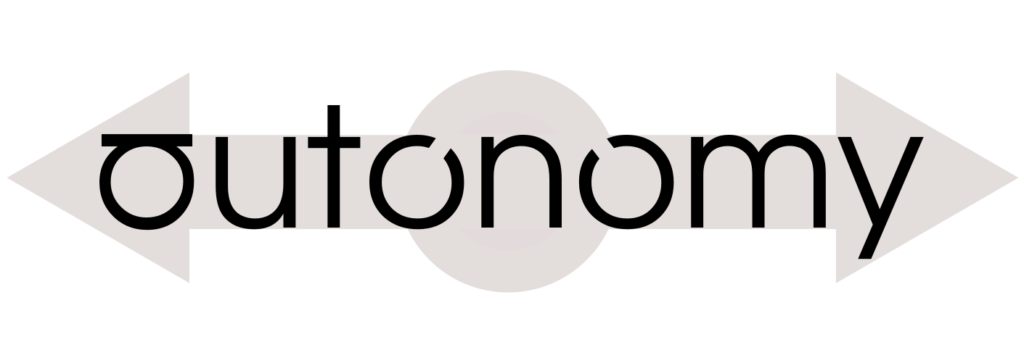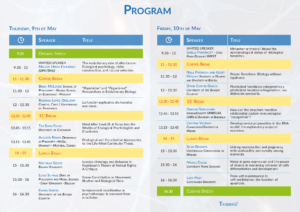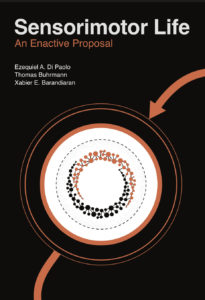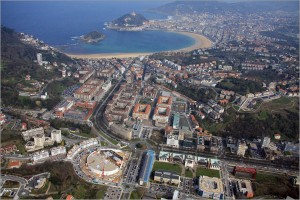Open call for a PhD position on ‘minimal metabolism’
[DEADLINE TO APPLY: extended to Feb 15, 2019]
A. Under the supervision of Kepa Ruiz-Mirazo – University of the Basque Country (Spain)
[Co-supervision: Christoph Flamm – University of Vienna (Austria)]
B. Within the European (Marie Curie) ITN Project ‘ProtoMet’
[Protometabolic pathways: exploring the chemical roots of systems biology]
NOTE: This project has received funding from the European Union’s Horizon 2020 research and innovation programme under the Marie Skłodowska-Curie grant agreement No 813873.
C. Great opportunity for Early Stage Researchers (‘ESR’s – see below) highly motivated to investigate a deep scientific question, the origins of metabolism, working across several disciplines (physics, chemistry, biology, computer science, philosophy of science) but accurately and methodically, in close collaboration with other colleagues from academia and industry.
D. Training includes internships, secondments and a variety of technical courses/modules.
E. Transversal and transferable capacities to be developed: communication and team-work skills, among others.
F. Funding guaranteed for 36 months (salary & research support).
Requirements
All candidates must possess a Master’s degree or equivalent by the deadline for application (alternatively, a total of 240 ECTS — combining the B.Sc. and/or M.Sc. degrees), which allow them to enter a Spanish PhD program in Sciences or Humanities at the University of the Basque Country (UPV/EHU).
The applicant must be proficient in English, both written and spoken. Computer skills will also be valued (good command of python and C++, in particular).
Eligibility according to the Marie Curie Training Program
- Researcher status: Early-Stage Researchers (ESRs) are young researchers who, at the date of recruitment (the starting date indicated in the contract), are in the first four years (fulltime equivalent research experience) of their research careers and have not been awarded a doctoral degree.
- Nationality: Applicant ESRs can be of any nationality.
- Mobility requirements: Applicant ESRs must not have lived or carried out their main activity (work, studies, etc.) in the country of the recruiting beneficiary (University of the Basque Country) for more than 12 months in the 3 years immediately prior to the date of recruitment (compulsory national service, short stays or holidays, and time spent as part of a procedure for obtaining refugee status under the Geneva Convention will not be taken into account).
Procedure
Interested applicants should contact Kepa Ruiz-Mirazo by e-mail (kepa.ruiz-mirazo@ehu.eus), before February 15 (2019), and provide him with the following documents/information:
- A detailed CV
- A copy of the Bachelor’s and Master’s certificates and the respective Transcript of Records
- Summary of the Master’s degree thesis
- A letter of motivation, including a declaration of whether s/he is applying to some other ESR in the ProtoMet network and, in that case, in which order of preference.
- Email contact of two names of referees to be contacted for recommendation letter
More info
For some additional information, you can download the following pdf.








